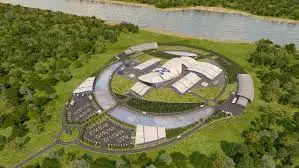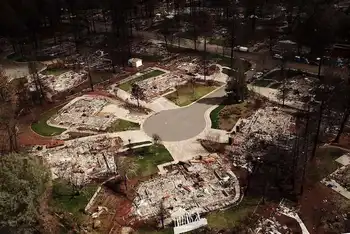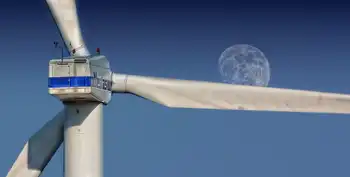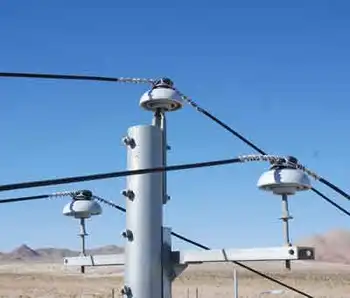FERC orders FirstEnergy to study grid reliability
WASHINGTON - - The Federal Energy Regulatory Commission (FERC) has ordered Ohio utility FirstEnergy Corp. to pay for an independent study of the state's power grid, where the massive August blackout started.
In a Dec. 24 letter to FirstEnergy Chairman Peter Burg, FERC gave the Akron, Ohio-based utility 120 days to study the stability of the power grid around Akron and Cleveland, including plants and power lines that it does not own.
The study is the first blackout-related action FERC has taken specific to FirstEnergy. FERC Chairman Pat Wood previously said that FirstEnergy did not violate any agency rules during the blackout. But FERC is moving forward with rules that would require utilities to report when they violate current voluntary industry rules.
Last month, a U.S.-Canadian task force found the Aug. 14 blackout began when overgrown trees shorted out three major transmission lines owned by FirstEnergy.
The report also cited inadequate communications between the Midwest's power grid coordinator and area utilities. The power outage began in Ohio and cascaded through eight U.S. states and part of Canada, closing airports and subways, idling manufacturing plants and leaving thousands of travelers stranded.
FirstEnergy must hire an independent consultant by Jan. 30, 2004, with a report due to FERC in April. FirstEnergy must share the results of the study with the Ohio Public Utilities Commission, North American Electric Reliability Council (NERC), and the Midwest power grid operator, FERC said.
A FirstEnergy spokesman was not immediately available to comment.
The report should include minimum acceptable voltage levels at critical locations on FirstEnergy's grid, the status of its power reserves during the summers of 2004-2008, and the projected need for new grid projects, FERC said. It also will include "what actions may be beneficial to prevent system cascading for extreme events" such as the loss of three critical high-voltage lines that failed during the August blackout, FERC said.
An energy bill stalled in the U.S. Senate would have FERC create a broad set of mandatory reliability standards to prevent another blackout like the one in August that left some 50 million people in the dark.
As a stop-gap measure, FERC earlier this month said it could impose its own grid reliability measures. As a start, Wood said the agency will require utilities to tell the agency when they violate voluntary rules set by NERC, an industry-funded group.
Related News

US NRC issues final safety evaluation for NuScale SMR
WASHINGTON - US-based NuScale Power announced on 28 August that the US Nuclear Regulatory Commission (NRC) had completed Phase 6 review—the last and final phase—of the Design Certification Application (DCA) for its small modular reactor (SMR) with the issuance of the Final Safety Evaluation Report (FSER).
The FSER represents completion of the technical review and approval of the NuScale SMR design. With this final phase of NuScale’s DCA now complete, customers can proceed with plans to develop NuScale power plants with the understanding that the NRC has approved the safety aspects of the NuScale design.
“This is a significant milestone not only…




